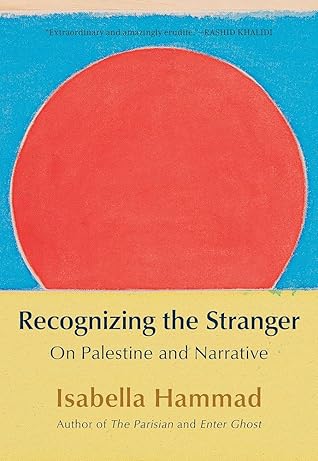More on this book
Community
Kindle Notes & Highlights
Read between
May 2 - May 2, 2025
“Gaza does not propel people to cool contemplation; rather she propels them to erupt and collide with the truth.” —Mahmoud Darwish
Individual moments of recognition are repeatedly overwhelmed by the energy of a political establishment that tells the onlooker: this is not what it looks like. It is too complicated to understand. Look away.
To induce a person’s change of heart is different from challenging the tremendous force of collective denial.
And denial is arguably the opposite of recognition. But even denial is based on a kind of knowing. A willful turning from devastating knowledge, perhaps, out of fear.
We who are not there, witnessing from afar, in what ways are we mutilating ourselves when we dissociate to cope?
To remain human at this juncture is to remain in agony. Let us remain there: it is the more honest place from which to speak.
The war over words originates in the West’s familiarity with the fact that hate speech is the first seemingly innocuous step on the road to genocide. But the West is stuck in a loop, always looking at the past (displaced into language), instead of at the present (communicated in images), from which they want to look away.
Somewhere recently humanity seems to have crossed an invisible line, and on this side naked power combined with the will to profit threaten to overwhelm the collective interests of our species.


